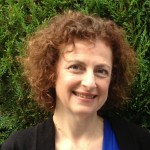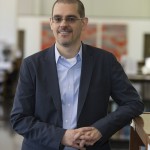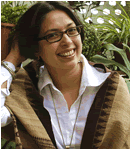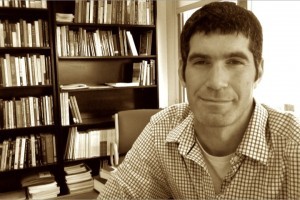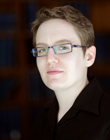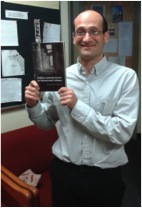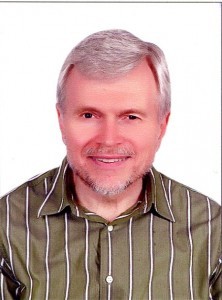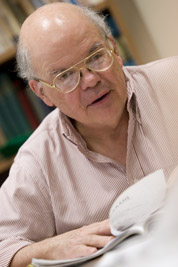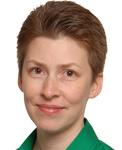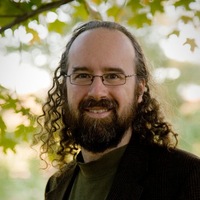[ensemblevideo contentid=2YQzJuuHU0-2pdvUzwRbEA audio=true showcaptions=true displayAnnotations=true displayattachments=true audioPreviewImage=true]
Miriam Solomon is interested in the scientific and social processes which come together to create medical knowledge. Patients come in all shapes and sizes and their socioeconomic backgrounds vary widely. Basic sciences and clinical practices produce vast amounts of data that are evaluated and interpreted. Often the data are contradictory. Millions of articles, reports, and conference proceedings are published. Pharmaceutical companies experiment and test drugs with an eye to the marketplace. How do doctors come to consensus on the best diagnoses and treatments?
In Making Medical Knowledge (Oxford University Press, 2015) Miriam Solomon addresses this question. She explains how consensus conferences and evidence-based, translational, and narrative medicine promote differing methodologies and organizational schemas for coming to consensus on medical problems. After analyzing the advantages and limitations of each, she recommends a “developing, untidy, methodological pluralism” for “making medical knowledge.”
Miriam Solomon is a professor of Philosophy at Temple University with research interests in philosophy of science, philosophy of medicine, epistemology, gender and science, and bioethics. I spoke to her on December 17, 2015.
Download (mp3)

